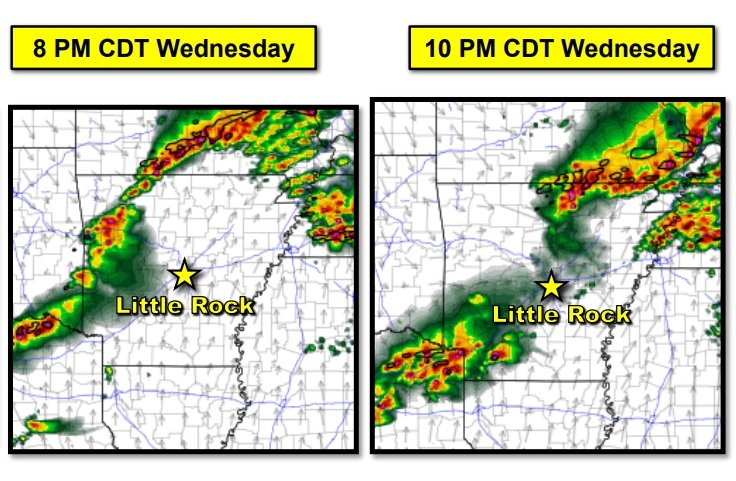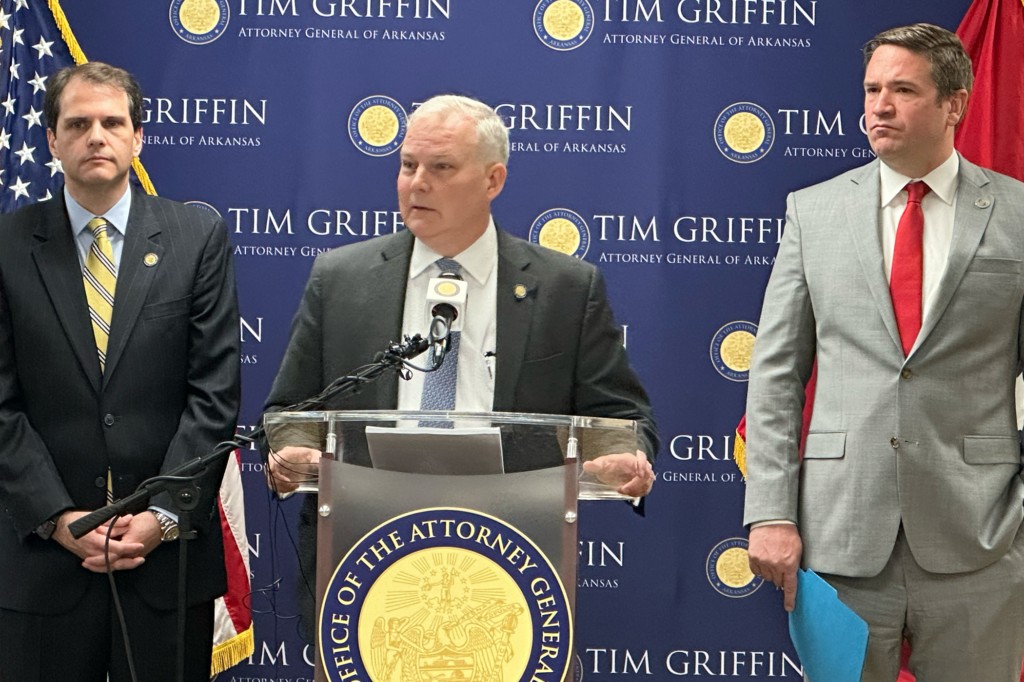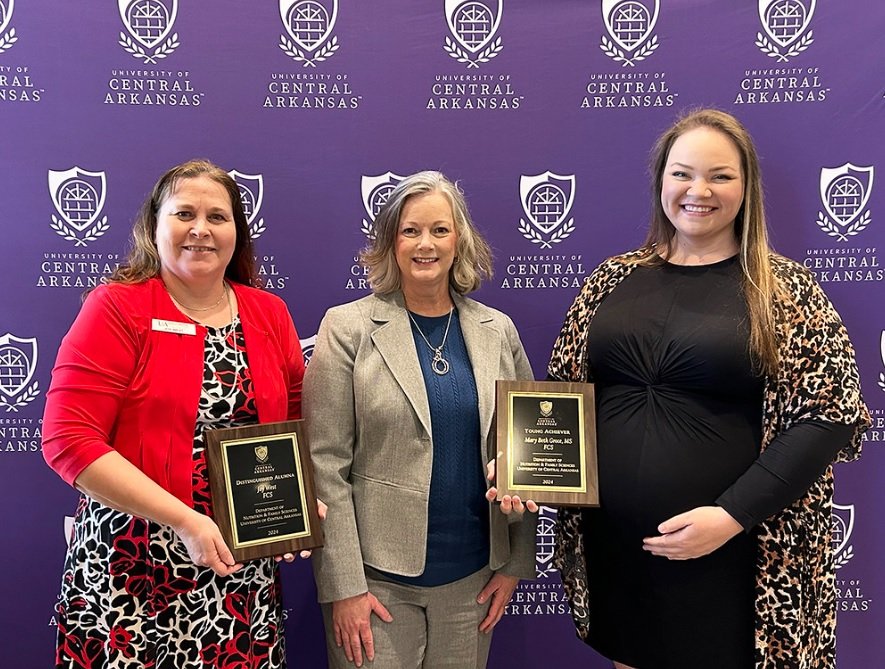By Mary Hightower
U of A System Division of Agriculture
FAYETTEVILLE, Ark. — Last year’s closure of chicken processing plants in North Little Rock and Van Buren sparked a few questions in economist Jada Thompson’s mind.
“One of the questions was about what kind of risk was associated with lending and the risks involved for new producers,” said Thompson, an assistant professor for the University of Arkansas System Division of Agriculture who specializes in the economics of poultry.
The poultry industry is vertically integrated, which means poultry companies contract with growers and supply those growers with birds and feed. The growers supply the rest, including barns, electricity, water and labor. The industry is a big deal in Arkansas, which produced 7.35 billion pounds of broilers in 2022, ranking it third in the U.S. broiler production. The critical step between farm and consumer is the processing plant.
The recent closure of two Arkansas processing plants sparked a few questions in poultry economist Jada Thompson's mind. (U of A Sytem Division of Agriuclture file photo).
Thompson said that risk is part of any enterprise and in the case of the plant closures, growers had to figure out what to do with the houses they have to raise birds. Some growers had their contracts switched to a nearby plant with the same integrators, while others’ contracts were bought out and had scramble to find places to contract to process their poultry to ensure continued cash flow.
“In the unfortunate circumstances there isn’t another plant or integrator within a drivable distance, and assuming no alternative use of poultry growing complexes, the growers have no incoming revenues to pay debt obligations,” she said.
All of this led Thompson to invite grad student Kylie Roseler, to analyze the risks. Shelby Rider, a program associate brought Geographic Information System skills and fellow assistant professor Ryan Loy who brought his farm business management knowledge.
The result of this collaboration is the fact sheet Location, Location, Location: Mapping the Risks for Arkansas Broiler Production, which evaluates the risks for poultry producers and lenders by quantifying low, average, medium or high-risk areas. Among the factors the authors identified in determining risk level was the local cost of electricity, the location of feed mills, tax liabilities and the proximity of processing plants.
For example, their research showed that low-risk areas typically have more than four processing plants in their radius and in the lowest 50 percent for electric rates, whereas high-risk zones typically have only one processing plant and typically are in the top 50 percent of electric rates.
Using these factors, the team developed a map showing areas of highest risk, being in Jefferson County, which has only one integrator, and lowest risk, in northwest Arkansas, where there is a high concentration of integrators.
And while “this map may reinforce the idea of increased processing plant concentration in the poultry industry, where financial risks are lower. However, poultry is a living industry susceptible to biological hazards such as Avian Influenza, Newcastle, or Marek’s disease. These diseases spread rapidly when houses are in close proximity.”
The fact sheet concludes that “having high risk doesn’t mean that a location isn’t a worthy investment, just that there are obstacles a grower could face. Overall, this risk map aims to provide information so that informed decisions can be made.”
Meant for producers and lenders
“This fact sheet is going to be extremely helpful to chicken farmers,” Loy said. “If you're looking to get into the industry, you can use this fact sheet and say, ‘here are the riskiest areas of production in terms of the cost of electricity and the number of processors that are within some reasonable distance of you. You can look at the fact sheet and say, where are the least risky areas to poultry farm?
“On the lending side, the less risky you are, the more attractive you are to a lender,” he said. “A lender can see the location, evaluate the risk and that can come into play when it comes to securing credit.”
Takeaways
Roesler, who graduates May 2025 with a joint degree from the University of Arkansas and Ghent University in agricultural economics and rural development, said she became involved by “shifting from a scientific perspective of agriculture to the economic side.
“During my undergraduate studies in poultry science, I started to understand the growing importance of food security,” Roesler said. “However, through internships working on a farm and in a lab, I found my niche skills and how I can contribute to improving food security is through economic means.”
She said the most surprising thing about this project was “how the interests of individual producers might not align with the overall stability of the industry.”
As noted in the conclusion, “the consolidation of the industry is advantageous for a farmer’s contract security but poses a biosecurity risk,” Roesler said. “This observation was particularly significant for me, given that my thesis examines these disease risks in the context of international trade.”
To learn about extension programs in Arkansas, contact your local Cooperative Extension Service agent or visit www.uaex.uada.edu. Follow us on X and Instagram at @AR_Extension. To learn more about Division of Agriculture research, visit the Arkansas Agricultural Experiment Station website: https://aaes.uada.edu. Follow on X at @ArkAgResearch. To learn more about the Division of Agriculture, visit https://uada.edu/. Follow us on X at @AgInArk.






















